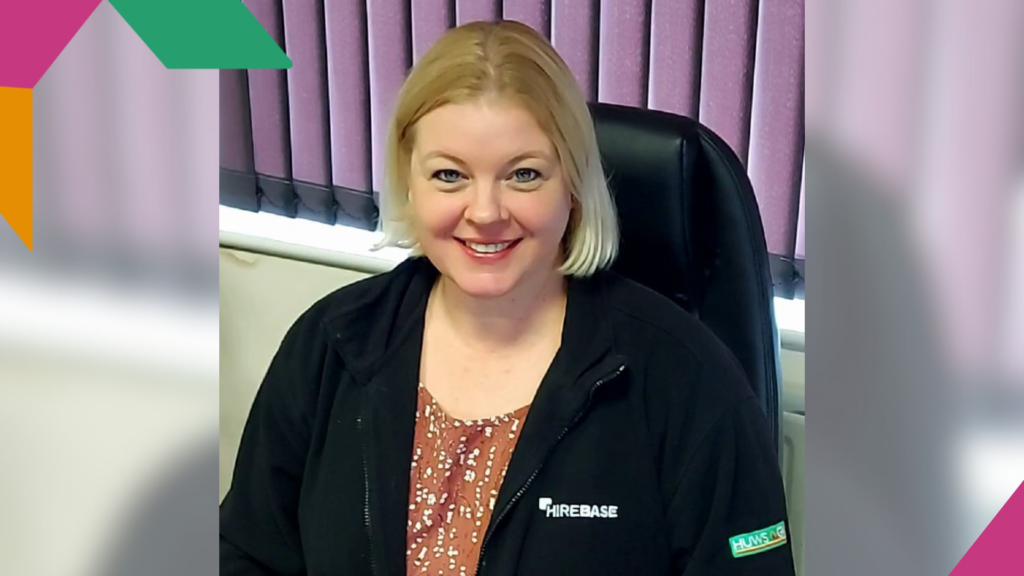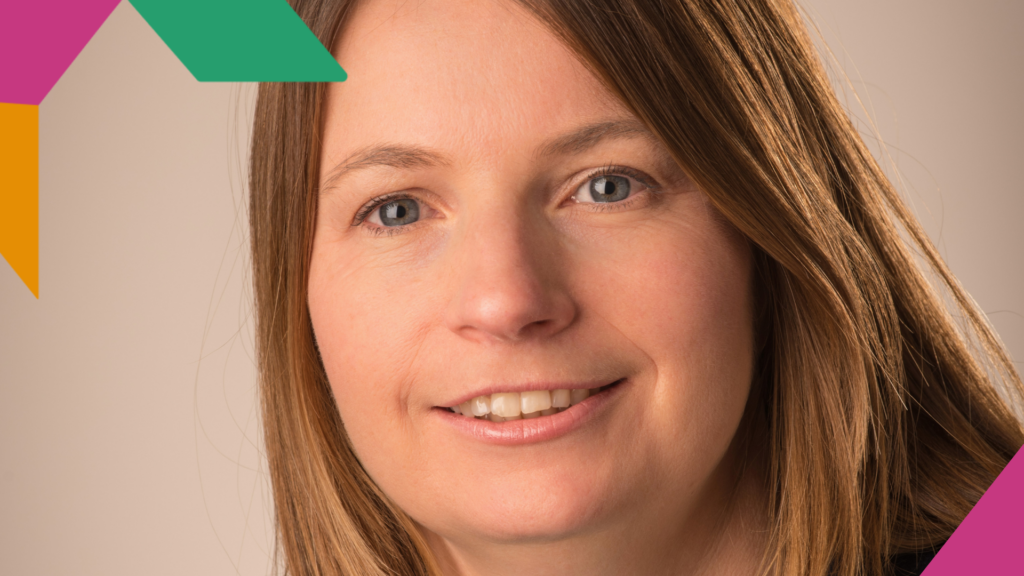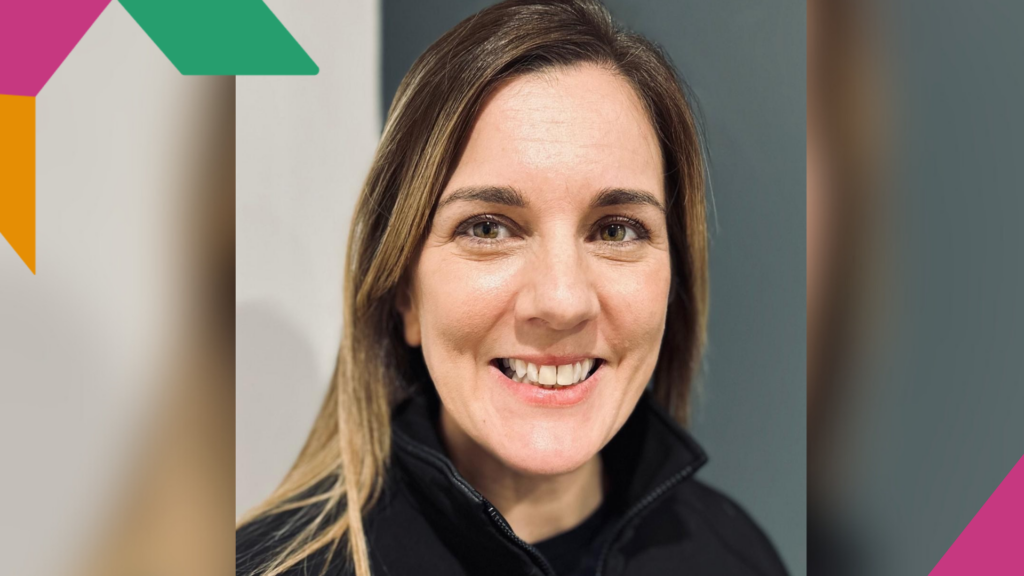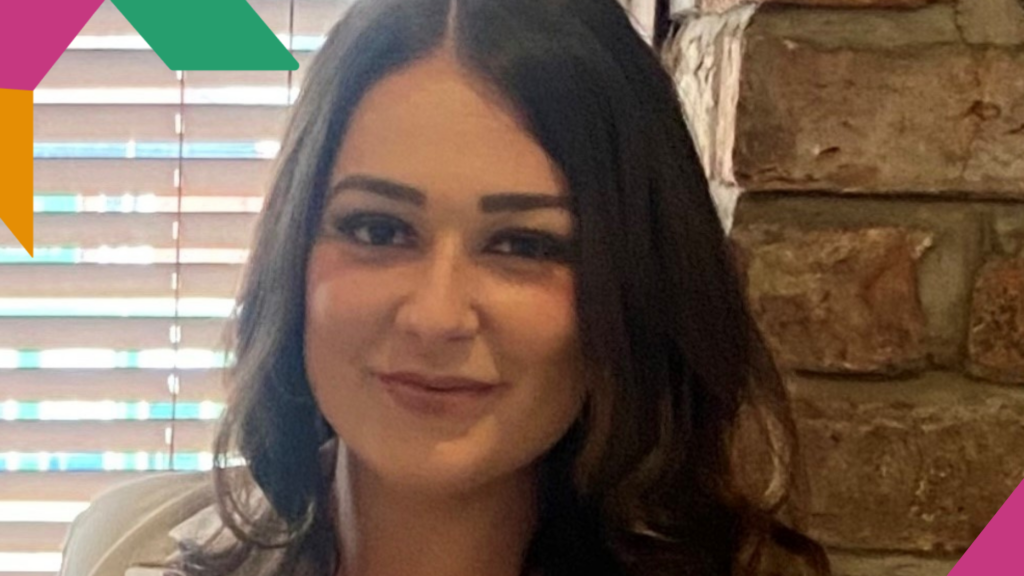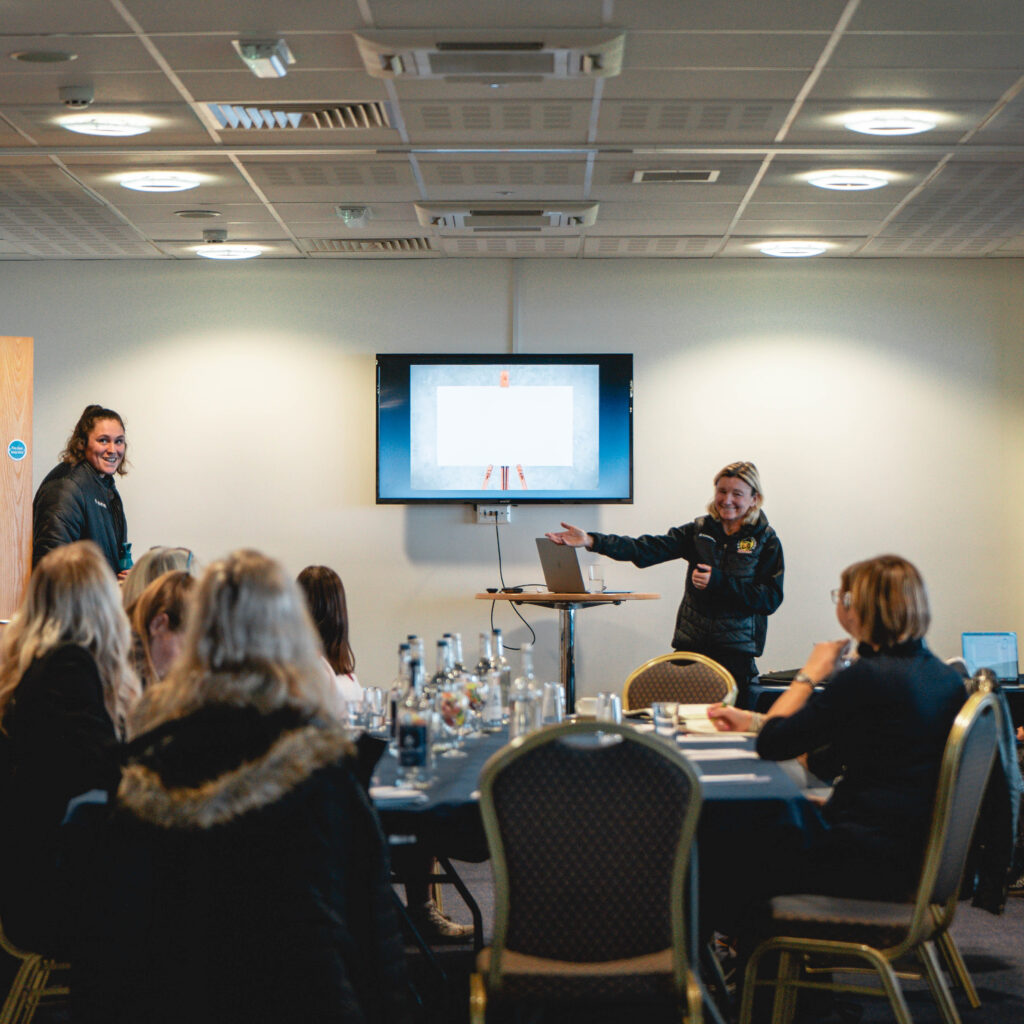The Construction Inclusion Coalition International Women’s Day Discusses, What Does Belonging Mean to Women in the Construction Industry?
As part of the Coalition’s first ever International Women’s Day programme of events, industry leaders from our Strategic Partner organisations came together on a virtual panel to discuss how the industry can collaborate on the key challenges the Coalition was established to tackle.
Within the panel’s broad focus on diversity and inclusion, we looked specifically at belonging – what that means to women in our industry and the steps we can all take to listen and act on the voice of women in every level across the industry. Not just for International Women’s Day, but every day.
How do you build belonging?
To open the conversation, we examined how organisations can create a sense of belonging across their business. Director of Customer Proposition at Wolseley UK and Neurodiversity & LGBTQIA+ advocate Sam Grierson explained that challenging assumptions is the key first step – removing preconceived ideas about what makes a ‘man’s job’ versus a ‘women’s job’.
Of how this looks in practice, Sam said: “Until we run meetings where women are sitting around the table and feel able to contribute, the sense of belonging you get from being able to look around you and see people like you fully contributing, it won’t feel like a place women can belong.”
Visibility of women across the industry is also critical in supporting women to free themselves from self-limiting beliefs that could be holding them back.
The importance of creating a diverse industry
Emphasising the importance of diversity within our industry has been at the heart of the Coalition’s mission since we launched. Reflecting on this during the next stage of the panel, Toolstation Managing Director and Coalition Chair, Angela Rushforth, highlighted the three key reasons the industry as a whole should be striving for greater diversity:
- Access to a wider pool of talent
- Enhanced diversity of experience and thought in decision-making
- Greater representation of the communities we serve
But, the importance of diversity goes deeper than industry level.
There are commercial benefits to creating diverse workplaces and the numbers support this, Leighton Davies, National Sales Director at SIG explained. Evidence shows that the most diverse companies are also some of the most profitable. Those in the top percentage of gender diversity on their executive teams are 21% more likely to experience above-average profitability.
And the opposite is true; those on the lower percentages of gender diversity are 29% less profitable, and closing themselves off to new talent. For example, research from PWC revealed that 85% of female millennials look for employers with a strong record on diversity.
Allyship
Coaching, sharing experiences and building networks and safe spaces, either internally or through organisations like the CIC, are key ways to create a greater sense of community and support for women in the construction industry. Taking it back to basics, Helen Isherwood, Managing Director at Adey emphasised how far kindness goes among members of minority groups – this can look like recommending a colleague or even offering an ear to bend.
This can be difficult for women though, Sam recognised. It can be challenging when we see a situation that’s uncomfortable for us or another woman. “We need to do this for each other in a curious way, not a combative, going head-on sort of way.”
Angela added this can also look like building someone’s confidence so that they feel heard and supported. She reflected on her early career and remembered feeling that she had to be like a man to be able to succeed. She felt she had to go along with the jokes, and felt uncomfortable with it. But, it doesn’t have to be that way. As women in the industry, we can help and support them through these experiences.
This work extends beyond just women. On International Women’s Day and beyond, male allyship is key. Martin Mongan shared the importance of leading by example. He explained that the harsh reality is, when so many positions of power in this industry are held by men, if they’re not playing an active role in the conversation then things aren’t going to change.
Creating psychological safety
The discussion then moved on to how we create the psychological safety so people feel comfortable calling out inappropriate behaviour, especially when it comes from someone outside our organisations.
Angela reflected this was absolutely one of the reasons for establishing the CIC: how do we work together on this? One of our biggest challenges is facing up to inappropriate behaviour from those outside their own business. We recognise that we’ve got to work as an industry on this and make it safe for people to be able to call it out. Creating a supportive workplace environment and putting in place procedures where colleagues feel comfortable speaking out is a key commitment made by all CIC members.
Sam added that to address poor behaviour from a customer we can try to challenge with curiosity rather than tackle it head on. If a customer isn’t met with challenge from us, nor from other suppliers, they may see their behaviour as acceptable. However, if nobody tolerates the behaviour and we collectively support each other in responding consistently, the customer will realise that their behaviour is not acceptable. The CIC is developing an inclusion toolkit which will include some sentences and questions we can all employ to challenge poor behaviour from a position of curiosity.
Chris Murray, Managing Director at Ibstock raised the importance of ‘Leadership in Action’. Equipping our leaders and managers with the tools to enable them to take ownership and comfortably and consistently deal with inappropriate behaviours.
How can we move ED&I to the top of the agenda
So what is needed to drive ED&I to the top of the agenda? As we’ve seen it is possible, it was done in the 2010s with Health and Safety. Chris suggested we need to define some specific actions that we all should take to create inclusion – in line with the CIC’s Built on Better Pledge.. One example discussed was creating diverse candidate slates for all senior roles, whilst committing that the best candidate regardless of background should get the job.
Chris added that we need to link the conversation about ED&I to the other key topics on the business’s agenda e.g. talent development and skills shortages, economic growth, social responsibility.
As the discussion drew to a close, our panel agreed on the following actions:
- Foster active engagement from grassroots levels by encouraging individuals to connect and communicate with us.
- Ensure that we are training managers to engage in meaningful dialogues regarding wellbeing and Equity, Diversity, and Inclusion (ED&I).
- Explore innovative approaches to industry recruitment, such as leveraging apprenticeships to attract a more diverse talent pool.
- Enhance the onboarding experience for new employees, facilitating their seamless integration into the industry and fostering long-term retention.
- Cultivate a culture of psychological safety within the organisation, empowering individuals to voice their thoughts and concerns freely.
- Commit to ongoing learning and leverage our leadership positions to champion tangible actions that advance the ED&I agenda.
Angela Rushforth ended the panel with an empowering message about how we can take forward the lessons from the day, to prioritise ED&I, creating belonging, and allyship not just on International Women’s Day but every day.
“This cannot just be another discussion – this is just the start of us talking about how we can build inclusion within the construction industry. I think what’s really important is that we’re starting to come together as an industry, to talk about what needs to change, but importantly, how quickly things need to change.”
Q&A
Why does the industry have a low diversity rate?
Helen suggested, “There’s maybe some work to do in terms of PR around the construction industry about making it more interesting. If we can do more work around educating people that there’s a huge sustainability contribution that can be made through construction, that might be one example of how you can make it look more interesting to people.” Another way through this Helen suggested is relooking at the way we present our industry in our recruitment advertising, reshaping the wording and language to appeal to a wider audience.
Angela added that we must also reflect inwards at our workplaces, our branch networks etc. and actively work to ensure they are inclusive places to work.
Sam closed out the question by sharing that we need to take a multifaceted approach to our environment. This can be anything from the PPE available, signage on sites, use of gendered language, e.g. “two man lift” and male-centred imagery to prevent both those in the industry and those considering a career in the industry, from feeling alienated by the traditional, masculine expressions of what it’s like to work in construction.
How can we help hiring managers think more broadly about the criteria used to assess candidates, rather than focus too closely on industry experience?
Chris shared a recent discussion he’s had with some female colleagues about frequently cited evidence that men are more willing to apply for a job than similarly qualified women. Encouraging more women to apply for the same jobs can be done by simply having greater consideration for how job adverts are worded. He noted at Ibstock, one way they do this is by including a statement in all adverts to say: “Excited about the role, but your past experience or qualifications don’t perfectly match everything in the job description? We would encourage you to still apply.”
Re-emphasing how traditional, masculine expressions of the industry can prevent women from feeling a sense of belonging, Martin added “There are so many of the little basic things – gendered language, images on adverts that have just become part of the wallpaper of our industry that absolutely need addressing.”
Angela agreed, adding, “We do tend to look at people who’ve got experience in the industry rather than actually what are the skills that we need and the attitude that we need. Now when you break the skills and the attitude down, that can be found in so many other places than just in the construction industry.”
The panel host Sophie Turner, founder of #YesSheCan, was joined by panellists:
- Angela Rushforth, Managing Director at Toolstation and CIC Chair
- Helen Isherwood, Managing Director at Adey (a Genuit Group company)
- Sam Grierson, Director of Customer Proposition at Wolseley & EDI Chair for Wolseley Group
- Martin Mongan CEO at Bristan Group
- Chris Murray, Managing Director at Ibstock
- Leighton Davies, the National Sales Director at SIG



